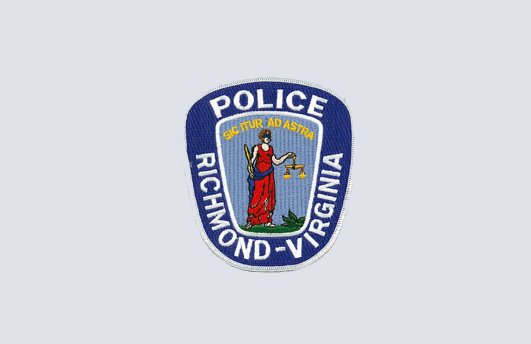Richmond Police to revive Midnight Basketball
6/29/2017, 9:49 p.m.
By Jeremy M. Lazarus
The once popular Midnight Basketball League is about to be revived in Richmond.
The city police department is bringing back the program as a softer element of its crime-fighting strategy.
The department plans to launch a six-week program to begin in about three weeks and continue through the end of August, with play several nights a week, beginning about 8 p.m. and ending around midnight.
The program will initially serve 60 or more youths between the ages of 17 and 21 from Gilpin Court, Highland Park and other crime-challenged parts of North Side, according to Deputy Chief Eric English, who is in charge.
He told a City Council committee the goal is to address “the current peak crime” in these areas and “provide a safe and productive outlet” for participants.
Deputy Chief English said the police department got involved after receiving requests from community advocates who believe that such a program could have an impact.
The department is moving ahead after receiving a $13,000 grant from a national affordable housing lender, the Local Initiatives Support Corp., to cover the cost of referees and other equipment.
The grant was awarded at the end of April, but it took the department two months to gain official backing from Mayor Levar M. Stoney’s administration and secure approval from City Council to use the grant.
Deputy Chief English said that before playing, participants would take part in workshops featuring speakers discussing topics ranging from budgeting to job searches. “This program will be about more than just playing ball,” he said.
Midnight Basketball programs got their start in the 1980s in Maryland and then spread across the country after the early programs showed impressive results in cutting crime.
Later studies indicated that crime rates fell as much as 30 percent and that participants were less likely to get into trouble.
Back in 2006, Richmond jumped on the bandwagon after a nonprofit was organized to run the programs with support from the city and the Richmond Redevelopment and Housing Authority.
But the program collapsed a few years later after financial support dried up.
Deputy Chief English said the department will be seeking additional grants to continue the program and potentially expand it to other areas of the city.
That would be good news to Councilman Michael J. Jones, who represents the 9th District. While supportive of the program, he griped that these kinds of programs always start out in North Side, with areas south of the James River being left out.
“We need this kind of program on our side of town,” he said.






